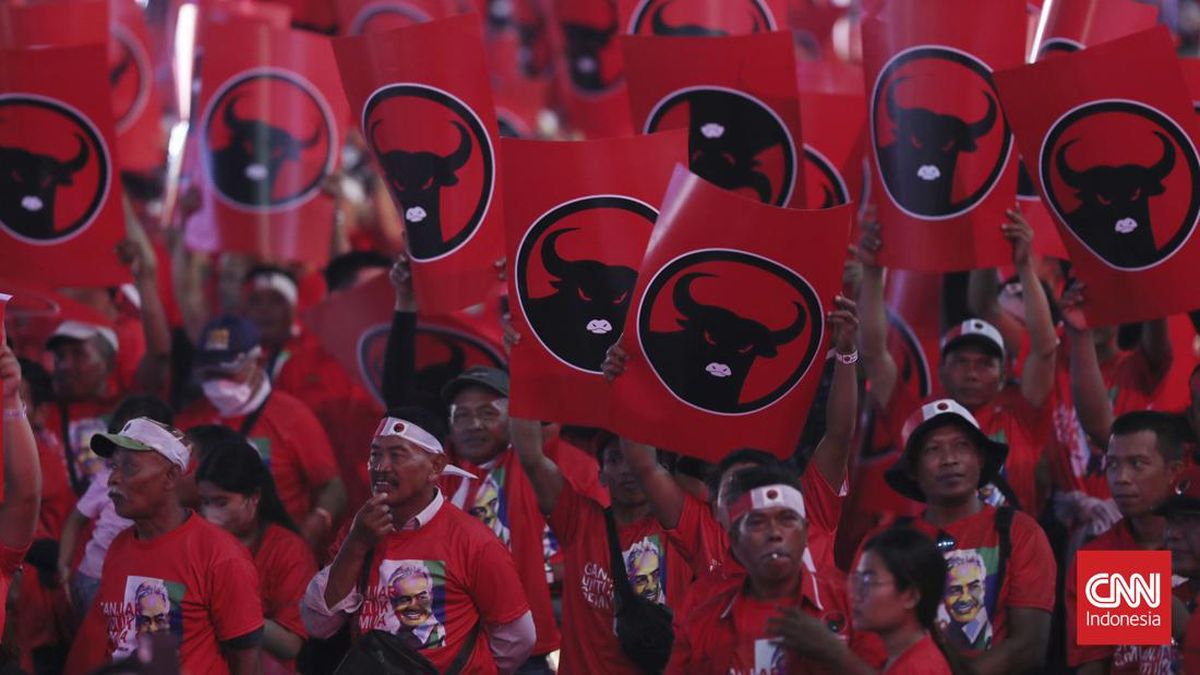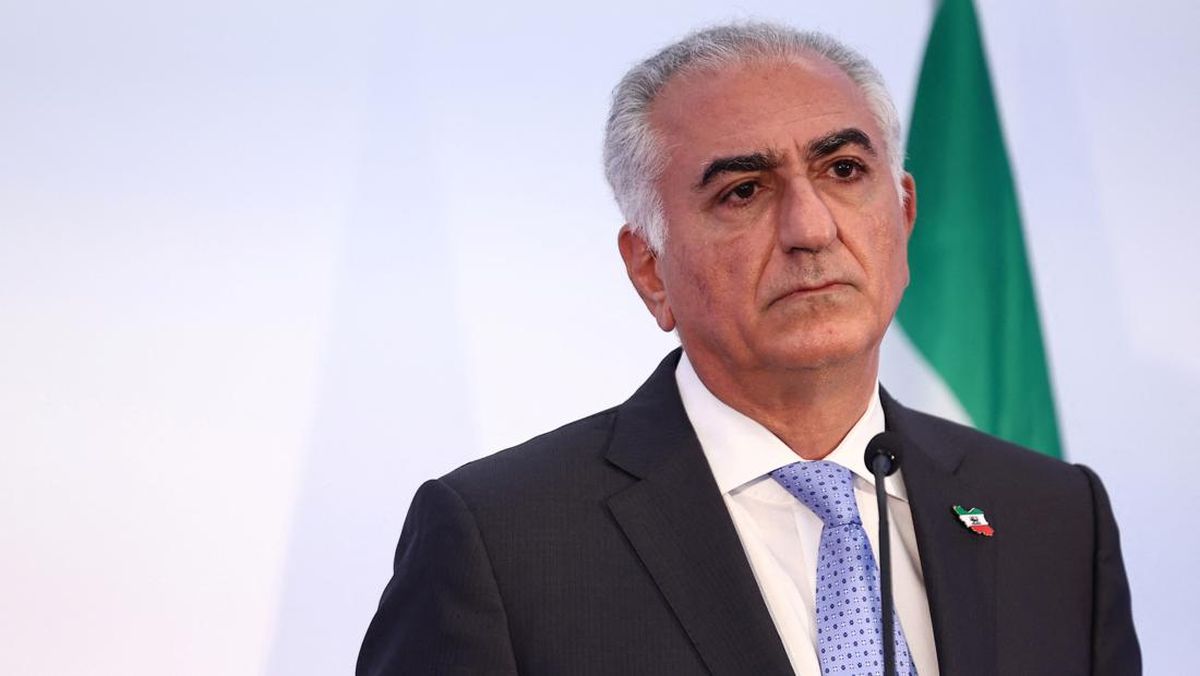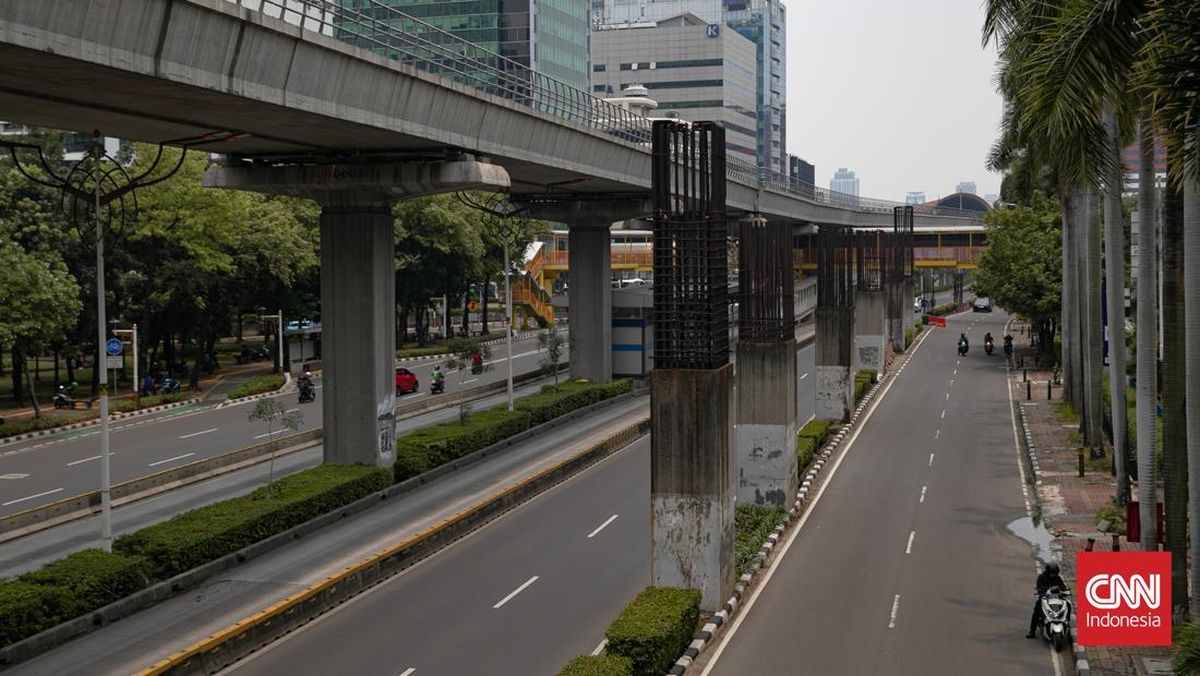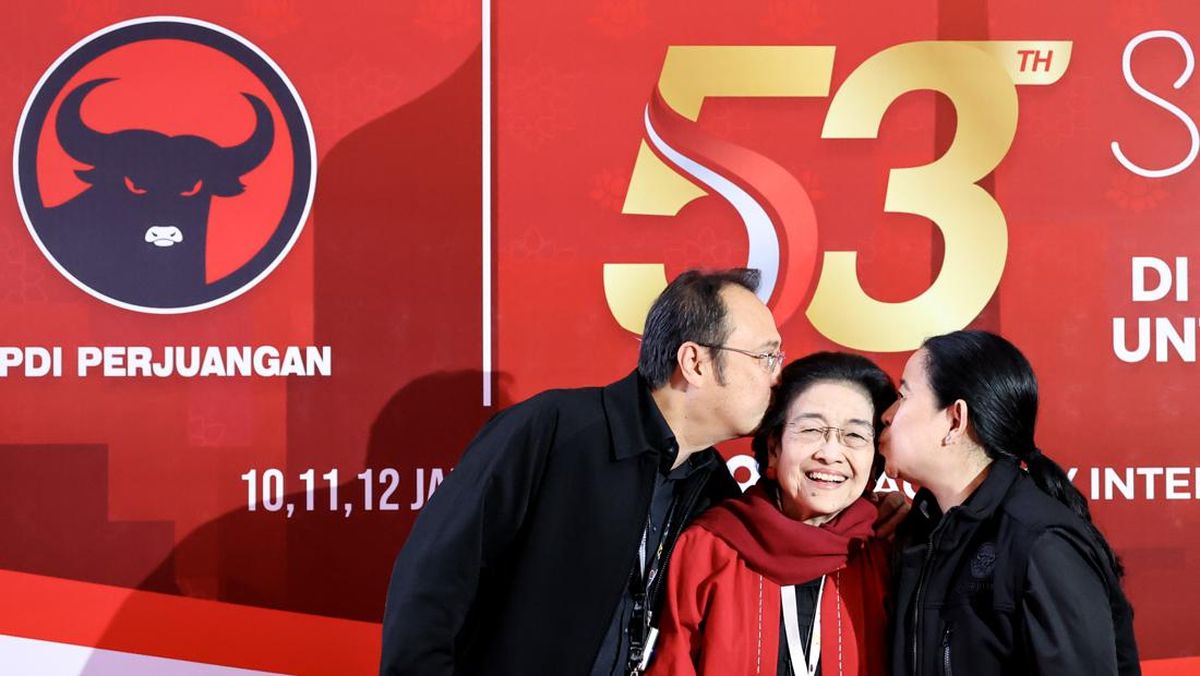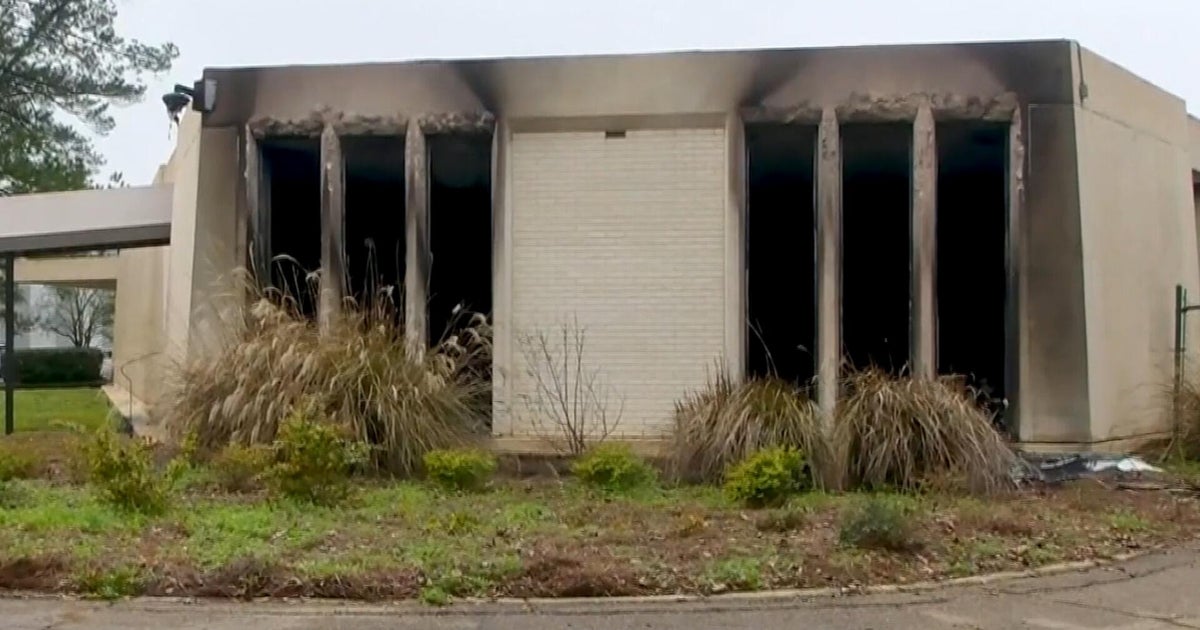Australia must radically overhaul its university system by breaking the monopoly of the default three-year bachelor degree, former Labor leader Bill Shorten has declared in a speech saying reform of the tertiary sector is key to “national survival”.
Shorten, who began as vice chancellor of the University of Canberra this year after retiring from politics, said Australia’s research excellence often did not translate into commercial success, calling the country’s economy “dangerously simple” because it failed to produce a range of sophisticated products.

Shorten proposed the dismantling of the current “analogue structure” of university degrees and replacing it with faster learning pathways.Credit: Oscar Colman
“The structural fragility of our economy is the single greatest threat to our long-term security. And I put it to you that our university sector, the engine room of our national intellect, is crucial to solving this crisis but, in its current form, is a reflection of it,” he told the Australian Information Industry Association dinner on Thursday.
“This is no longer just a matter of educational policy, but one of national survival: in an era of profound geopolitical uncertainty, is it time to fundamentally reimagine our universities as a core instrument of our national power?”
Shorten proposed dismantling the current “analogue structure” of university degrees, replacing it with faster learning pathways to address skill shortages and asking private companies to help foot the bill rather than automatically saddling students with debt.
Loading
“First, we must break the monopoly of the three-year degree as the primary unit of educational currency,” he said.
Smaller, modular credentials would help fill skills gaps more quickly, Shorten said, citing a hypothetical example of a defence industry worker who could complete a micro-credential co-designed with industry and defence to fill a skills gap in four to six weeks.
“National security doesn’t ask if you went to uni or TAFE or how long you studied. It just needs the right skills to uphold it,” he said.
He said smaller credentials would bolster Australia’s security aspirations by cultivating a sovereign skills base to produce the thousands of nuclear engineers, cyber specialists, and AI technicians demanded by the AUKUS pact.
Artificial intelligence, Shorten said, should be used to ascertain students’ level of prior knowledge, potentially shortening course lengths.
“The current system is designed assuming everyone commencing study knows nothing. This is a profound waste of human potential and time,” he said.
Shorten also raised broader issues across the tertiary system, arguing every institution offering a wide range of degrees had created a system where Australia’s limited resources were spread too thinly.
“At its best that breeds uniformity, at its worst, mediocrity,” he said.
Instead, he said universities should differentiate themselves, pitching the idea of specialised universities focusing on fields of national importance such as physics, computer science or health.
Loading
“Such institutions would concentrate our finite research funding and talent, creating genuine, world-leading centres of excellence, rather than dozens of competing, under resourced departments,” he said.
Australian universities compete in global rankings driven primarily by research output, but Shorten proposed creating a new set of universities with teaching quality as a key performance indicator.
“This is not about creating a two-tiered system; it is about creating a fit-for-purpose system, where excellence is defined by the successful execution of a clear and distinct mission,” he said.
He also said Australia had not reaped the rewards of its excellence in discovery research, suggesting a research and development collaboration premium for industries which partner with universities.
“This new model is the mechanism by which we finally solve our national paradox. It is the forge that will allow us to turn the raw materials from our quarry into the high-value, sophisticated products of a truly sovereign nation,” he said.
The Morning Edition newsletter is our guide to the day’s most important and interesting stories, analysis and insights. Sign up here.
Most Viewed in National
Loading


